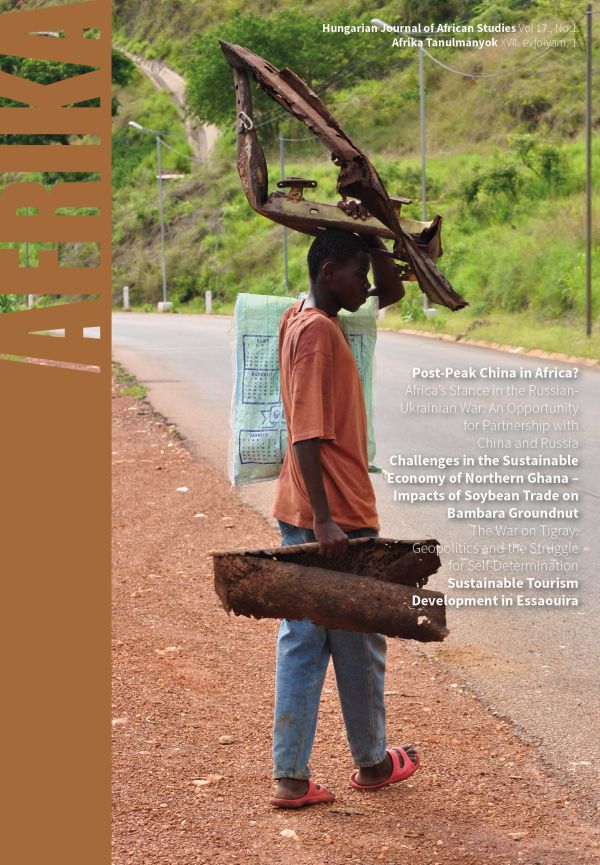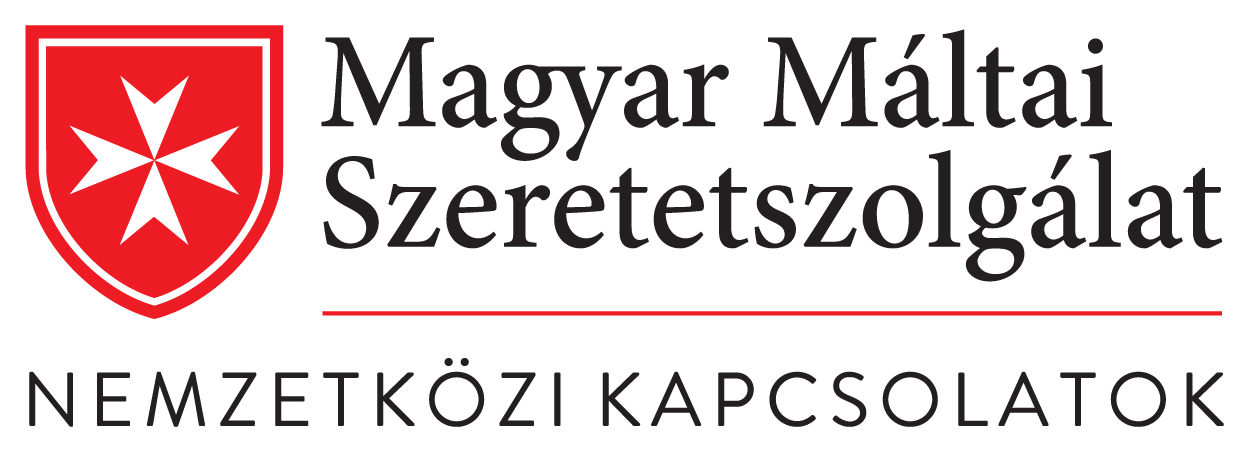Africa’s Stance in the Russia–Ukrainian War: An Opportunity for Partnership with China and Russia
DOI:
https://doi.org/10.15170/AT.2023.17.1.2Kulcsszavak:
Russia–Ukraine War, Africa, China, UN VotesAbsztrakt
China’s President Xi Jinping and Russia’s President Vladimir Putin have repeatedly hailed a ‘no limits’ partnership between their respective countries to the displeasure of the United States in light of the ongoing war in Ukraine. Therefore, it has become more apparent that the long-term goals of the Russian and Chinese foreign policies are to establish a new world order by reinstating their countries as great powers while challenging the U.S.-led global hegemony. The current geopolitical turbulence accelerated by the great power rivalry has not only shattered the international order that has existed since the end of the Cold War, but also reframed partnerships where the role of African states are becoming more prominent. Notably, while Martin Kimani, Kenya’s UN envoy, was widely praised for his powerful speech reaffirming Kenya’s respect for the territorial integrity of Ukraine within its internationally recognized borders during the Security Council’s emergency session (21 February 2022), 25 of Africa’s 54 states abstained or did not vote to condemn Russia’s invasion of Ukraine during the emergency session of the UN General Assembly (A/RES/ES-11/1) in March 2022. This equivocal reaction contrasted sharply not only with the widespread condemnation of Russia’s assault from every other region but also with African states’ official positions on preserving territorial integrity and borders within Africa.
The study, therefore, seeks to explore Africa’s stance in light of the ongoing war and how the interests and (re)actions of African states contribute to furthering Russia’s goal of weakening the United States as a dominant power. The study applies a qualitative approach by drawing from literature on Africa’s relations with Russia and analyzing media and NGO reports on contemporary events, official communications of African officials, and voting patterns of African states in the UN General Assembly in the context of the ongoing war in Ukraine. Initial findings suggest that several factors contribute to the hesitant position of some African countries. These include the legacy of colonial and imperial control, arms trading, food security, discriminatory treatment of African students in Ukraine, and the U.S. Congress’ anti-Russian legislation (H.R. 7311, the Countering Malign Russian Activities in Africa Act), which punishes African nations for their political and economic ties with Russia. These factors reinforce neocolonialism in Africa.
Downloads
Megjelent
Hogyan kell idézni
Folyóirat szám
Rovat
License

This work is licensed under a Creative Commons Attribution-NonCommercial-NoDerivatives 4.0 International License.
















